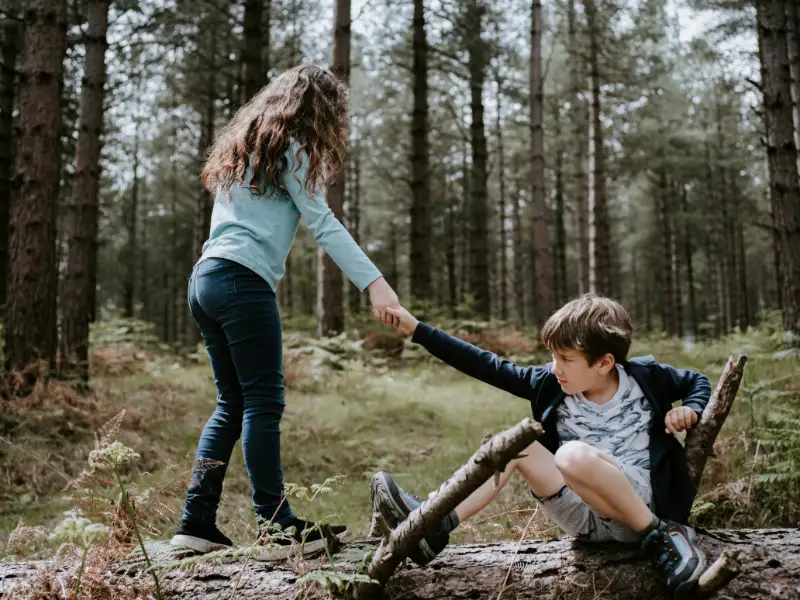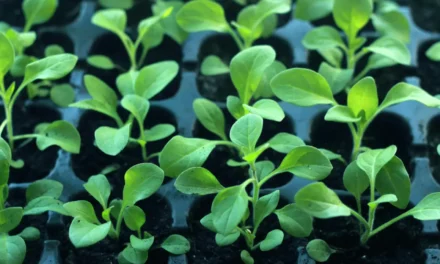
Kindness Counts: Cultivating Compassion in Everyday Life
I
n a fast-paced world filled with distractions and demands, cultivating gratitude serves as a grounding force, allowing us to appreciate the beauty and abundance in our lives. By exploring the concept of gratitude and its profound impact on well-being and relationships, we can foster a sense of appreciation, contentment, and connection. Let’s delve into how expressing gratitude can enrich our lives and empower us to cultivate a grateful mindset:
Kindness manifests in various forms, from simple acts of generosity to heartfelt gestures of compassion.
1
Understanding Kindness
Kindness is more than just a nice gesture; it’s a fundamental aspect of human connection and community. By discussing what kindness entails and why it’s important to be kind to others, we recognize the value of our actions in shaping positive relationships and fostering a sense of belonging.
Kindness manifests in various forms, from simple acts of generosity to heartfelt gestures of compassion. Sharing resources with those in need, offering a listening ear to a friend in distress, or simply smiling at a stranger can all contribute to a culture of kindness and empathy.
We can explore examples of kind actions, such as volunteering at a local charity, participating in community service projects, or supporting causes that promote social justice and equality. By highlighting how these actions contribute to the well-being of others and create a ripple effect of positivity, we inspire individuals to embrace kindness as a guiding principle in their interactions with others.
Empathy is the cornerstone of kindness, allowing us to understand and connect with others on a deeper level.

ARE YOU A GOOD CRITICAL THINKER?
Do you think you are a good critical thinker? Do you believe you possess finely tuned reasoning skills?
Enter your information to get our FREE test so you can assess how good you are!
2
Empathy and Perspective-Taking
Empathy is the cornerstone of kindness, allowing us to understand and connect with others on a deeper level. By delving into the concept of empathy and perspective-taking, we recognize the common humanity that unites us all.
Encouraging individuals to consider how others might feel in different situations helps cultivate empathy and compassion. Through activities such as practicing active listening, engaging in open-minded dialogue, or imagining oneself in another’s shoes, we develop the skills to recognize and respond to the emotions of others with sensitivity and understanding.
3
Practicing Kindness in Daily Life
Kindness is not just a lofty ideal; it’s a practical skill that can be cultivated through daily practice. By exploring ways to incorporate kindness into our everyday interactions, we become agents of positive change in our communities.
Simple acts of kindness, such as expressing gratitude, offering a helping hand, or showing appreciation for others, can make a world of difference in someone’s day. By looking for opportunities to extend kindness to others, we develop a mindset of generosity, empathy, and compassion.
Moreover, we can emphasize the importance of gratitude and appreciation for the kindness of others. By recognizing and acknowledging the kindness we receive, we foster a culture of reciprocity and mutual support, creating a more caring and inclusive environment for all.

4
The Impact of Kindness
The impact of kindness extends far beyond individual interactions; it has the power to transform communities and societies. Research has shown that acts of kindness not only benefit the recipient but also have positive effects on the giver’s well-being.
Studies have demonstrated that engaging in acts of kindness releases feel-good hormones such as oxytocin and dopamine, leading to increased feelings of happiness and fulfillment. Moreover, witnessing acts of kindness can inspire others to pay it forward, creating a ripple effect of positivity that reverberates throughout society.
In addition to its psychological benefits, kindness also has tangible effects on physical health. Research has linked acts of kindness to reduced stress levels, lower blood pressure, and enhanced immune function. By promoting feelings of connection and social support, kindness contributes to overall well-being and resilience.
Simple acts of kindness, such as expressing gratitude, offering a helping hand, or showing appreciation for others, can make a world of difference in someone’s day.
5
Cultivating a Culture of Kindness
Cultivating a culture of kindness requires collective effort and commitment. It begins with individual actions but extends to organizational and societal levels.
Educational institutions play a crucial role in promoting kindness and empathy among students. By integrating social-emotional learning (SEL) programs into school curricula, educators can teach children essential skills such as empathy, conflict resolution, and cooperation. Creating a supportive and inclusive school environment where kindness is celebrated and valued fosters a sense of belonging and connectedness among students.
Similarly, workplaces can promote kindness and compassion through policies and practices that prioritize employee well-being and collaboration. Encouraging acts of kindness in the workplace, such as recognizing and appreciating employees’ contributions, fostering a culture of teamwork and collaboration, and providing opportunities for volunteering and community engagement, contributes to a positive and supportive work environment.

Cultivating a culture of kindness requires collective effort and commitment.
I
n conclusion, kindness is a powerful force for good that has the potential to transform individuals, communities, and societies. By understanding the importance of kindness, cultivating empathy and perspective-taking, practicing kindness in daily life, and promoting a culture of kindness in our schools, workplaces, and communities, we can create a world where compassion and empathy prevail. Let us each do our part to spread kindness and make the world a better place for all.

ARE YOU A GOOD CRITICAL THINKER?
Do you think you are a good critical thinker? Do you believe you possess finely tuned reasoning skills?
Enter your information to get our FREE test so you can assess how good you are!






0 Comments